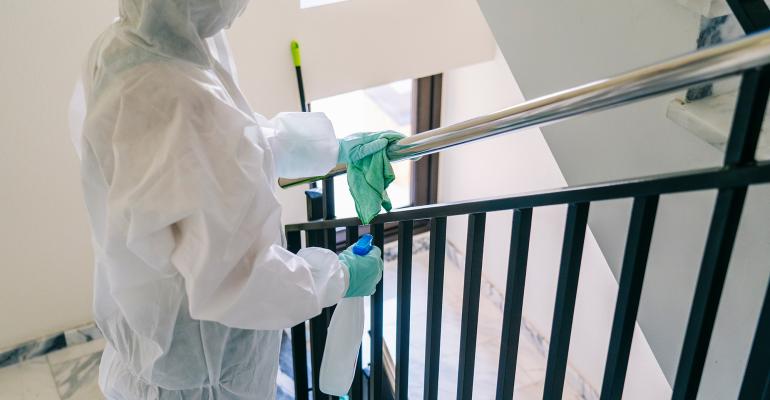As operators work to regain leasing momentum, they face the added challenge of higher operating expenses. Consistent with the 2020 survey results, the vast majority of respondents (90 percent) saw an increase in their expenses with an estimated mean increase of 9.1 percent. Nearly half of respondents (49 percent) believe those COVID-19 related increases are likely to be permanent. It is notable that the percentage that hold that view has improved compared to 57 percent in the 2020 survey who expected the increased expenses to be permanent. One-third of current survey responds think that expenses are more likely to normalize, 6 percent believe expenses could decline and 13 percent remain unsure.
“Expense pressure is here to stay, and it’s stemming from a few places,” says Mace. Foremost, is labor. Data from the BLS on Average Hourly Earnings for AL properties, for example, were up 5.4 percent at year-end 2020 on a YOY basis. However, hourly earnings also were trending higher before the pandemic. A number of states have increased their minimum hourly wage rates, while difficulty in finding workers and reliance on higher cost temporary workers also are contributing to higher labor costs. Salary and labor expenses are about 60 percent of an operator’s expense load. On top of that is extreme pressure on expenses from insurance rates that are going up across the board as a consequence of the pandemic. There also are likely to be permanent changes associated with the pandemic, such as more focus on cleaning, sanitizing and maintaining a supply of PPE for preparedness of an infectious outbreak.
On a positive note, survey respondents are more optimistic on rent growth ahead. A majority of respondents (87 percent) expect an increase in rents over the next 12 months with an average increase of 261 basis points. That is a big shift compared to the 54 percent who thought rents were likely to rise a year ago, and it is more bullish than previous surveys where upwards pf 70 percent of respondents over the prior five years were confident that rents would continue to rise. According to NIC MAP data, asking rents grew by 1.2 percent in second quarter.
Pressure on NOI is making buyers understandably more cautious on cap rates they are willing to pay for assets. Two-thirds of investors expect cap rates to rise over the next 12 months. That shows a noticeable uptick compared to both 2020 and 2019 survey results where 53 percent and 43 percent respectively thought cap rates would increase in the coming year.
The outlook for higher cap rates is likely tied to anticipation of higher interest rates ahead. Nearly two-thirds of investors believe interest rates will increase over the next 12 months compared to 30 percent who said there will be no change and 5 percent who predict a decline. Additionally, 48 percent think the risk premium will rise, 40 percent anticipate no change and 13 percent believe the risk premium could decline.


